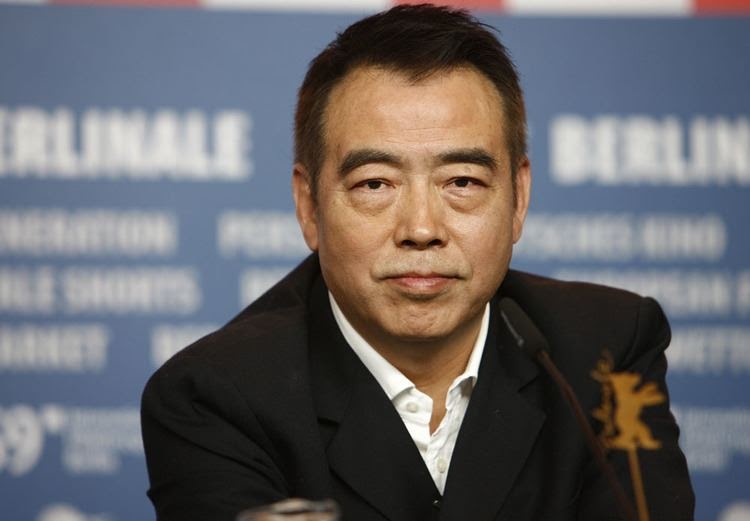Acclaimed Chinese director Chen Kaige threatens to sue critics, again
Chen Kaige, director of Farewell My Concubine, has thin skin.

In a move to hit back at what his lawyer called “defamatory personal attacks,” Chinese filmmaker Chén Kǎigē 陈凯歌, who is best known for directing the Cannes prizewinner Farewell My Concubine, has wielded threats of lawsuits against a handful of his critics on various social media sites.
Earlier this week, several users of video-sharing platform Bilibili and culturally oriented social media platform Douban revealed similarly worded complaints from an anonymous person (but that appeared to come from Chen’s legal team) asking them to remove certain videos they had uploaded that contained “malicious insults and slanders” directed at Chen.
“The video has caused serious damage to Chen Kaige’s reputation and has possibly constituted an illegal infringement on his reputational rights,” read the complaints.
The videos under attack are mainly critical commentaries about Chen’s appearance on the acting variety show Everybody Stand By (演员请就位), which pits celebrities in an acting competition, and features the famous director as a judge. In a video titled “A heated rant about Chen Kaige’s double standards on Everybody Stand By,” which has generated more than 770,000 views on Bilibili, its creator delivered a scathing critique of a conversation Chen had with veteran actor Lǐ Chéngrú 李成儒, who said he was reluctant to watch Chen’s movies after Farewell My Concubine.
Calling the award-winning masterpiece a high bar that Chen set for himself, Li said that the overwhelmingly negative reviews of The Promise — a fantasy film directed by Chen and released in 2015 — had made him skeptical of the director’s more recent work. Visibly unhappy about Li’s comment, Chen then spent five minutes castigating Li for being a “close-minded artist who has lost touch with reality.”
Chen’s lecture was eventually interrupted by another filmmaker on the judges panel, but the biting exchange soon became a trending topic on social media, and an outpouring of blog posts and commentary videos that were critical of Chen’s intolerance of negative comments. “He can’t accept criticism with grace and appreciation. Once he sees an opportunity to retaliate against his critics, he goes all out,” said one Bilibili user, whose videos were targeted by Chen’s legal team.
As more and more Bilibili and Douban users revealed that they were on the receiving end of Chen’s legal threats, Beijing Xingquan Law Firm, which was hired by Chen to “monitor public opinion” about him and protect his “reputation rights,” shared a statement (in Chinese) on January 6, saying that although the director was open to “all kinds of comments — including very negative reviews — about his work,” he had a “zero-tolerance policy” toward “defamatory personal attacks.”
“We’ve received a special request to follow the issue closely and will take all steps necessary to protect Chen’s professional reputation,” the statement read.
Ironies abound, but one is that Chen — who was found guilty in a defamation case in 2014 after “belittling an individual’s character” in his memoir but refused to issue a public apology as the verdict ordered — is now threatening others with legal action for alleged defamation.
This is not the first time Chen has tried to silence critics with defamation lawsuits. In 2005, when Chen released The Promise — a movie that was so poorly received by viewers that it wound up becoming a so-bad-that-it’s-good cultural sensation and an internet meme — he publicly went after an internet filmmaker named Hú Gē 胡戈, who roasted Chen for the movie for being “boring and unoriginal” in a 20-minute parody video called The Blood Case That Started From a Steamed Bun (一个馒头引发的血案, on YouTube here). At that time, Chen initially vowed to sue Hu for defamation, but did not pursue any lawsuit after a fierce online backlash.






